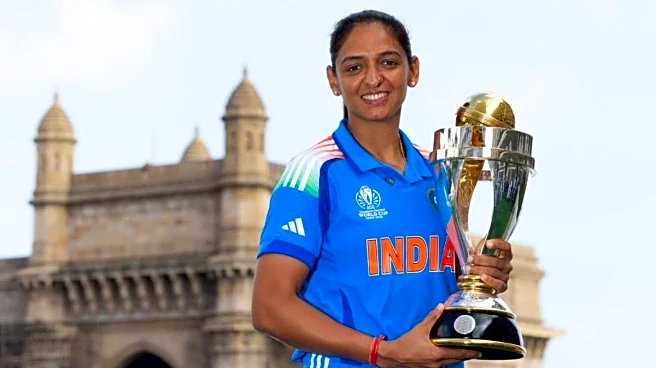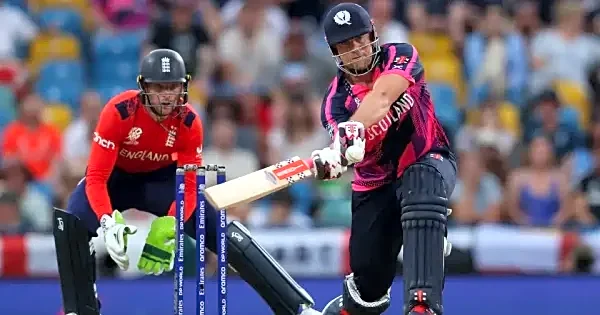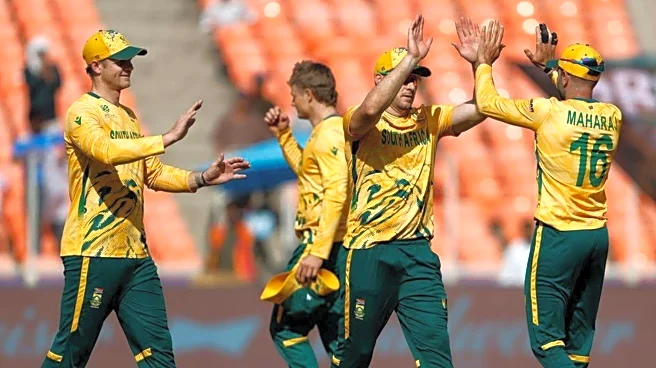Indian women’s cricket captain Harmanpreet Kaur is set to triple her involvement and earnings from brand endorsements after leading the team to a historic World Cup win at home. The skipper played a crucial role in big matches as India reached the final and beat South Africa by 52 runs at the DY Patil Stadium in Navi Mumbai to clinch the first-ever women’s World Cup title for the country.
As the skipper of the Mumbai Indians, and the face who carried the early legacies of Mithali Raj and Jhulan Goswami to make the sport popular in India, Harmanpreet is one of the most popular atheletes of the country. Some would argue that she has now reached an impact previously associated with the likes of Saina Nehwal and Sania Mirza. All of that will now reflect
in her earnings.
“Harman was involved in over 8-10 brand endorsements before the World Cup,” her manager Noopur Kashyap told PTI. “But post World Cup, Harmanpreet is expected to triple the value and number. Brands from the non-sporting traditional sports sector have approached and are willing to explore opportunities with her and indicating a broader acceptance.”
It is another example of the rise in the sport’s value across the country, similar to the boom seen after the 1983 men’s World Cup.
“As an athlete business manager I have observed that there has been a marked increased in the interest and investment in women’s cricket, especially after winning the World Cup. The change is evident in the surge of brand endorsements, demand and acknowledgment. Earlier, the diversification in the sponsorship categories was limited and now we see a huge change of mindset.”
“Many brands are aligning their messaging with themes of equality, empowerment, and inspiration. The narrative is shifting, and brands are beginning to recognise the value of showcasing female cricketers as strong, capable, and accomplished athletes in their own right,” she said. By doing so, they are not only changing the narrative around female athletes but also contributing to a more inclusive and supportive sports culture,” Kashyap added.


/images/ppid_59c68470-image-177098752880979418.webp)

/images/ppid_a911dc6a-image-177098609283733676.webp)
/images/ppid_a911dc6a-image-177098954007759066.webp)

/images/ppid_a911dc6a-image-177098884753017905.webp)






/images/ppid_59c68470-image-1770987582774322.webp)

/images/ppid_59c68470-image-177098761981591595.webp)
/images/ppid_59c68470-image-1770987529810585.webp)
/images/ppid_59c68470-image-177098766350256772.webp)
